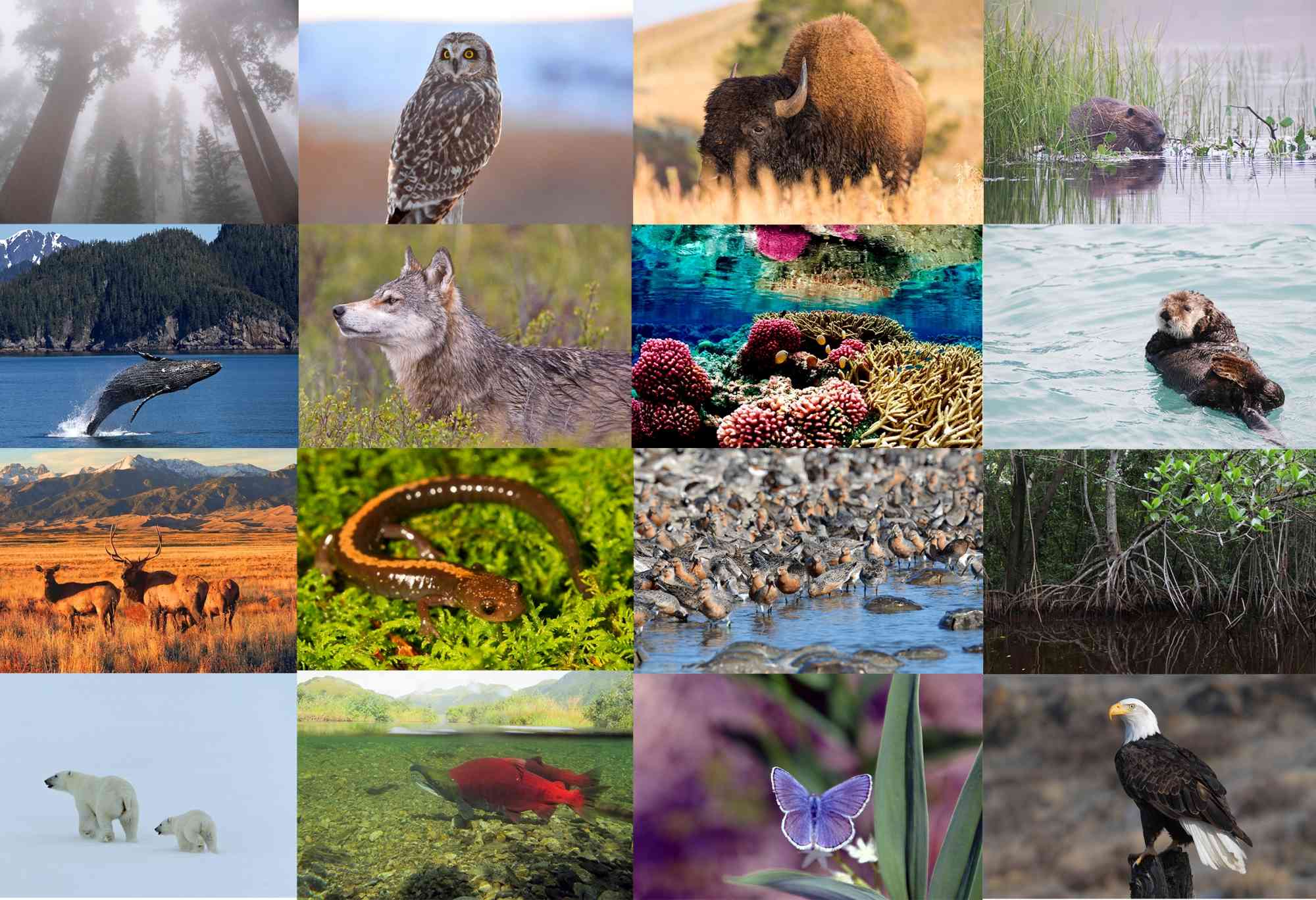
In today’s interconnected world, the beauty of our planet lies in its diversity. From the lush rainforests to the vast oceans, every living being plays a unique role in maintaining the delicate balance of nature. At Jangkrik.ac.id, we believe in the importance of preserving ecology and biodiversity for the well-being of current and future generations. Our online platform serves as a beacon of knowledge and inspiration, offering a wealth of resources for individuals eager to delve deeper into the intricate web of life that surrounds us.
Through our Ecology Learning Center, we are dedicated to fostering a greater understanding of the interconnectedness of all living organisms and the environment they inhabit. By exploring the complex relationships between species, ecosystems, and habitats, we aim to highlight the critical role that biodiversity plays in sustaining life on Earth. Join us on this journey of discovery as we unravel the wonders of nature and uncover the beauty of harmony in diversity.
Importance of Biodiversity Conservation
Diversity in the natural world is a testament to the resilience of ecosystems. It encompasses the variety of species of plants, animals, and microorganisms that coexist and interact within a given habitat. Biodiversity conservation is crucial for maintaining the delicate balance that allows life to flourish on Earth.
Preserving biodiversity is essential for ensuring food security and sustainable agriculture. A rich diversity of plant species not only supports a healthy ecosystem but also provides a gene pool that can be tapped into for developing resilient crops that can withstand changing environmental conditions and pests.
Moreover, biodiversity plays a key role in maintaining ecosystem services that are vital for human well-being. These services include clean air and water, pollination of crops, pest control, and regulation of climate. By conserving biodiversity, we safeguard these invaluable services that nature provides.
Ecological Impact of Human Activities
Human activities have had profound effects on the delicate balance of nature, leading to significant disruptions in ecosystems worldwide. From deforestation and urbanization to pollution and overconsumption, our actions have resulted in the loss of biodiversity and degradation of natural habitats. In particular, the increased demand for resources has put immense pressure on ecosystems, leading to habitat destruction and fragmentation.
One of the most pressing ecological issues caused by human activities is climate change. The burning of fossil fuels for energy production and transportation has led to the release of greenhouse gases into the atmosphere, resulting in global warming and unpredictable weather patterns. This has far-reaching consequences for biodiversity, as many species struggle to adapt to rapid changes in their environments.
In addition to climate change, the overexploitation of natural resources has also had devastating effects on biodiversity. Unsustainable fishing practices, poaching, and illegal wildlife trade have pushed many species to the brink of extinction. Moreover, pollution from industrial activities and improper waste disposal have contaminated ecosystems, threatening the health of both wildlife and humans alike.
Biodiversity Knowledge
Practical Steps for Protecting Ecology
Now, let’s dive into some practical steps that can be taken to protect ecology in our daily lives. One simple but effective step is to reduce our consumption of single-use plastics. By opting for reusable alternatives and minimizing plastic waste, we can significantly reduce the harmful impact of plastic pollution on our ecosystems. Additionally, supporting local and sustainable food systems can help reduce the carbon footprint associated with food production and transportation.
Another important action we can take is to conserve water. This includes fixing leaks, using water-efficient appliances, and being mindful of our water usage. Water is a precious resource, and by using it wisely, we can help preserve freshwater ecosystems and ensure a sustainable supply for future generations.
Lastly, we can play a role in protecting ecology by advocating for environmentally responsible practices in our communities and workplaces. This can involve supporting policies that promote conservation and sustainability, participating in local clean-up efforts, and encouraging others to be mindful of their environmental impact. By working together and making conscious choices, we can all contribute to the preservation of our precious ecosystems and biodiversity.
